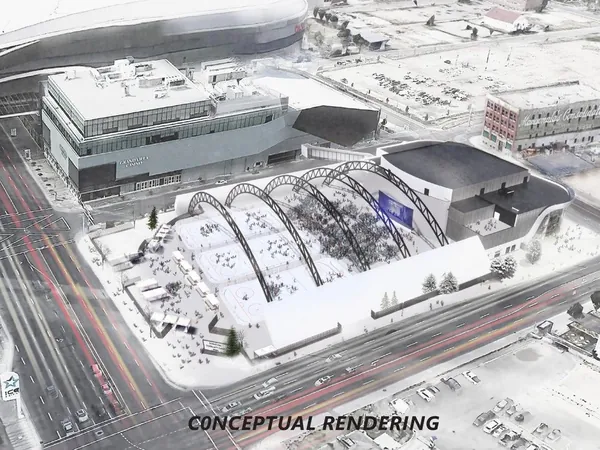
Edmonton’s New Event Park Proposal Sparks Controversy Among Local Concert Promoters
2025-03-13
Author: Emma
Edmonton's Event Park Proposal Overview
As Edmonton is gradually waking up from the repercussions of COVID-19, the city’s concert scene seems to be booming, but with a caveat that’s raising eyebrows across the industry. Among the buzz, a proposed $250-million event park slated for the Ice District has ignited discussions and concerns among local promoters and musicians alike.
The Resurgence of Concerts
Concerts have seen an unprecedented resurgence, with international stars like Taylor Swift selling out shows within minutes and ticket prices soaring to stratospheric levels. For instance, facing resale markets where floor tickets to Jelly Roll's upcoming performances at Rogers Place are exceeding $300, many Edmontonians find themselves rethinking their concert budgets. The anxiety surrounding affordability is not unfounded; local venues are enduring a difficult landscape marked by rising operational costs post-pandemic.
Struggles of Smaller Venues
However, while larger halls are filling up, smaller venues are struggling. The Starlite Room, a beloved local establishment known for hosting both emerging and established acts, is reportedly looking to sell its building just to lease it back. This alarming trend reflects a broader pattern in the concert industry, where independent promoters are vanishing, leading to fewer opportunities for local bands and niche artists.
Concerns Over the Ice District Event Park
The proposed Ice District event park has raised questions about how it might shift the balance in the local music ecosystem. Many local promoters are concerned that the project – which involves substantial financial backing from the city and province – could grant exclusive access and advantages to larger companies like the Oilers Entertainment Group (OEG) and its U.S. counterpart, Live Nation. Tyson Cale Boyd, a local talent buyer, emphasized that the monetary investment should not solely benefit a 'select group' of promoters.
OEG's Take on the New Venue
According to OEG, the venue with a capacity of 2,500 will cater to a distinctly different audience, aiming to draw more visitors downtown rather than compete with smaller venues. OEG’s Tim Shipton argues that the new space will enhance the overall vibrancy of Edmonton, suggesting that more activity downtown ultimately benefits all surrounding businesses, including those that host local concerts.
Call for Collaboration
Annemarie Petrov, CEO of the Winspear Centre for Music, echoed these sentiments. She envisions a collaborative future that sees both large-scale arenas and intimate settings contributing to a vibrant cultural landscape. However, many in the local concert circuit still harbor fears about a potential monopoly and the impact this could have on independent promoters, who traditionally provide crucial support for up-and-coming artists.
The Threat to Local Businesses
Brett Fraser, an industry veteran, acknowledged the potential threat the new venue poses to local businesses, suggesting that a competitive market is crucial for artist pay and ticket affordability. Smaller promoters, who cannot match the financial clout of giants like Live Nation—especially post-merger with Ticketmaster—find themselves squeezed out of the market. As ticket price inflation rises, the strain on local concert goers can also limit attendance, impacting the economic viability of local music venues.
Government Perspective
The Alberta government argues that the proposed funding represents a strategic boost for Edmonton’s music scene, stating it will generate stimulating opportunities for artists and venues alike. However, as cities strive to maintain a thriving music culture, Edmonton is also experiencing a decline in live music venues, underscoring a contradiction in its growth narrative.
Decline in Live Music Venues
Post-COVID statistics illustrate a troubling drop in live music venues, which have decreased from 78 to 50, and nightclubs from 9 to 6, presenting a stark contrast to the government’s projections of growth. These shifts are fueling discussions on the need for a targeted “music city strategy” aimed at revitalizing the concert scene.
Looking Ahead
With the approval of the event park still pending, the concert community remains watchful. While economic revitalization is essential, the balance between supporting burgeoning talent and nurturing larger entertainment entities must be carefully navigated. The fabric of Edmonton’s music scene is at a crossroads, and concert enthusiasts are left wondering: will this investment ensure survival, or will it further erode the diverse music culture that the city prides itself on?
Stay tuned! As potential plans develop, the repercussions for local artists and music fans could alter the landscape of Edmonton’s entertainment for years to come.
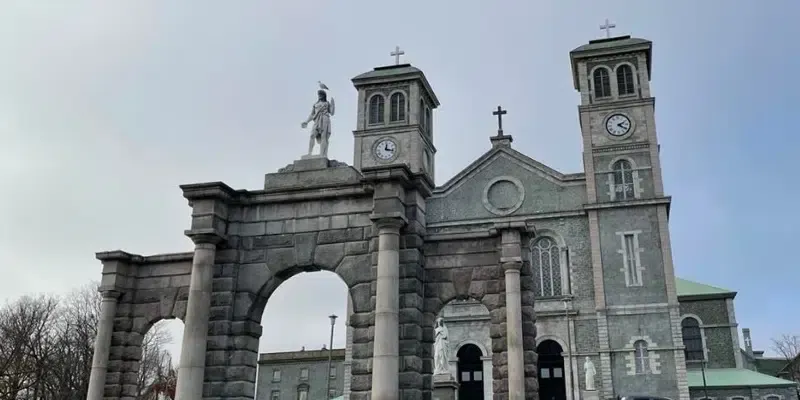





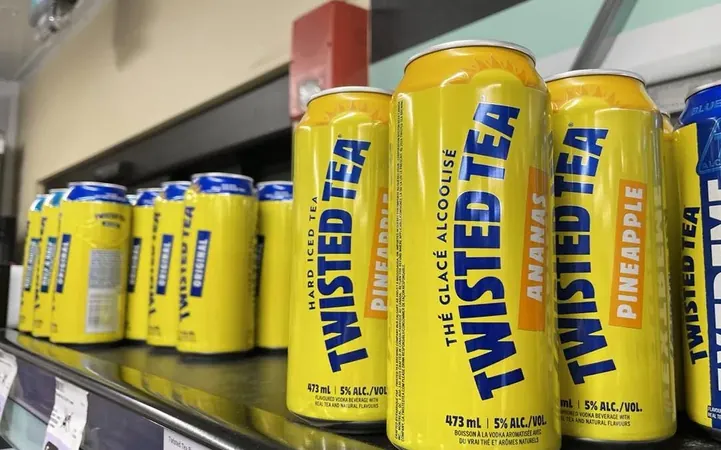
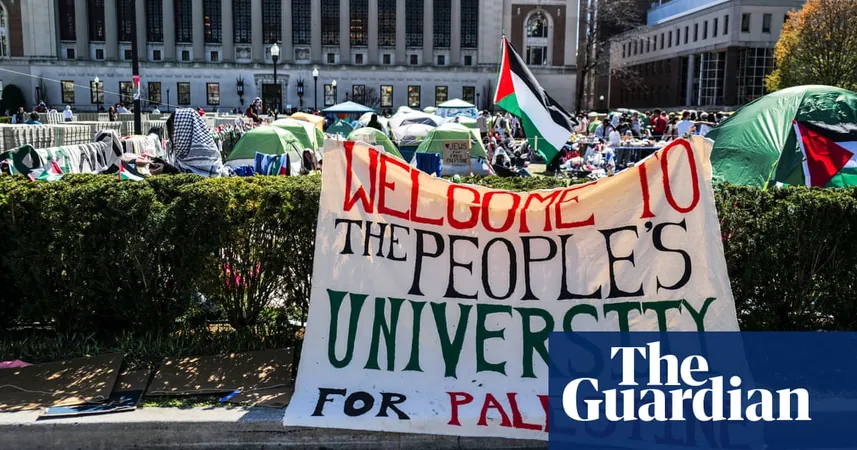
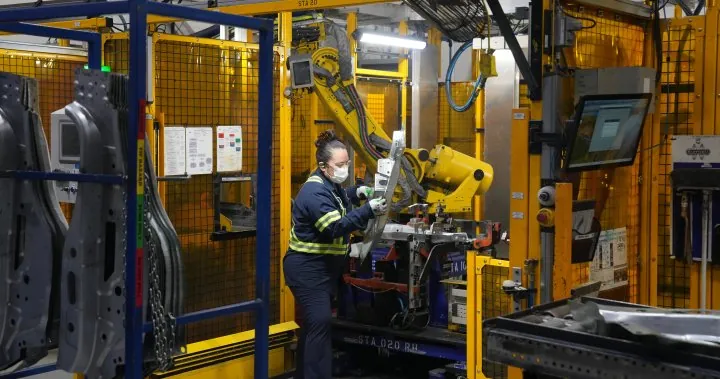
 Brasil (PT)
Brasil (PT)
 Canada (EN)
Canada (EN)
 Chile (ES)
Chile (ES)
 Česko (CS)
Česko (CS)
 대한민국 (KO)
대한민국 (KO)
 España (ES)
España (ES)
 France (FR)
France (FR)
 Hong Kong (EN)
Hong Kong (EN)
 Italia (IT)
Italia (IT)
 日本 (JA)
日本 (JA)
 Magyarország (HU)
Magyarország (HU)
 Norge (NO)
Norge (NO)
 Polska (PL)
Polska (PL)
 Schweiz (DE)
Schweiz (DE)
 Singapore (EN)
Singapore (EN)
 Sverige (SV)
Sverige (SV)
 Suomi (FI)
Suomi (FI)
 Türkiye (TR)
Türkiye (TR)
 الإمارات العربية المتحدة (AR)
الإمارات العربية المتحدة (AR)